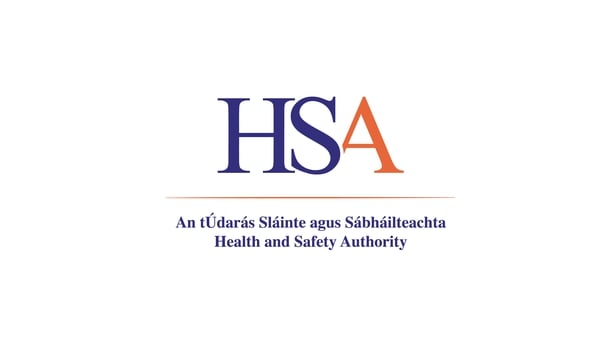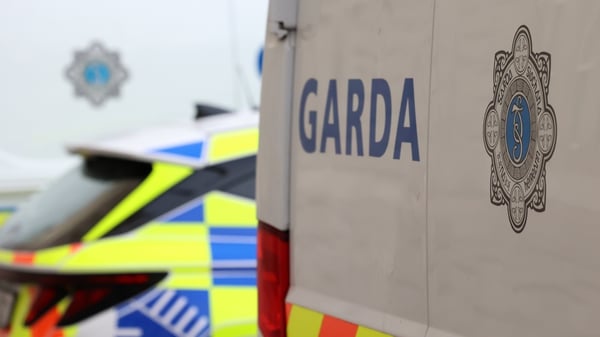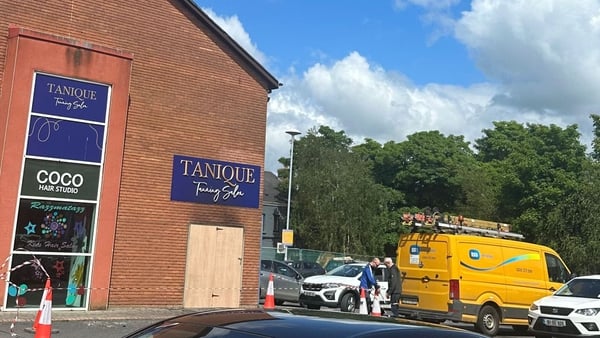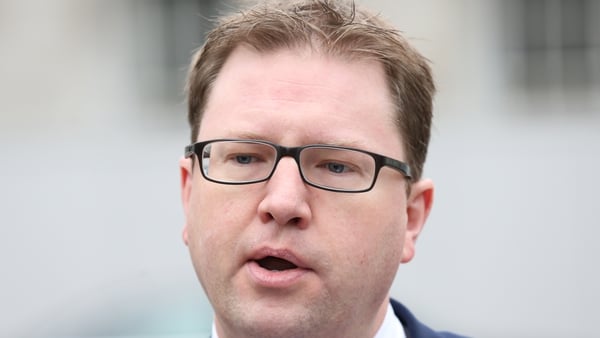Health workers in Northern Ireland have voted to accept proposals on pay parity and safe staffing levels.
It ends months of strike action that saw thousands of appointments and procedures postponed as staff took to the picket lines.
The first day of strike action by nurses took place on 18 December, following a series of days of industrial action.
The Royal College of Nursing joined the strike after members voted to strike for the first time in the union's 103-year history.
Following a meeting of the RCN Northern Ireland Board, the RCN and other health unions informed Northern Ireland's Minister for Health Robin Swann and his department of their acceptance of the proposals.
Pat Cullen, Director of the RCN said: "The past few months have been amongst the most turbulent and pressurised that nurses have ever seen. It was unprecedented, not just in Northern Ireland, but for RCN members anywhere to go on strike. Nurses had come to the conclusion that in order to protect patients, they had no choice.
"This was neither an easy decision, nor one that was taken lightly. As I stood on picket lines with my colleagues, we felt the weight of the health service and the people of Northern Ireland on our shoulders, but we knew it was the right thing to do for patients, " she added.
"While RCN members have spoken clearly in accepting this offer, we are also clear that we need to see all of the measures that have been agreed by Health Minister, Robin Swann, implemented in full. Safe staffing was the central part of our dispute and for the sake of those who use the service, and those who work in it, we must get this right."
Commenting on the result, UNISON Regional Secretary Patricia McKeown said: "Today is the culmination of an incredible campaign by our over 26,000 members across the entire health and social services system both to secure pay parity and to challenge unsafe staffing levels.
Our members have not just achieved that goal through their industrial action; they have also played a major role in seeing our devolved Government restored.
We will continue to work intensively with the Department of Health to implement the agreement both in relation to pay and to deliver all aspects of the proposals on safe staffing without delay."
One union, Nipsa, is continuing with industrial action.
Unite also joined Unison and RCN members to vote to end industrial action.
Unite Regional Officer Kevin McAdam said he hopes that the pay agreement would herald a new beginning for Northern Ireland's health and social care system.
Mr McAdam said: "This pay award was secured through workers taking industrial action indeed, it could be argued that the striking NHS workers were instrumental in securing the re-establishment of the power-sharing institutions themselves.
"I want to commend our union's team of shop stewards and reps and our wider membership on what is a historic victory for our NHS. No longer will Northern Ireland health workers be treated as second-class as compared to their colleagues in England and Wales."
He added: "This deal opens the door to reversing the staffing crisis which has been driven by declining pay rates. We hope that the Minister's decision will herald a new beginning for the NHS in Northern Ireland."
Mr Swann welcomed the announcement by the majority of trade unions.
"I very much welcome this trade union announcement. My first objective on taking up the post of Health Minister was to secure a resolution to the industrial action and I am delighted that this has now been achieved," he said.
"This was made possible through important pay and staffing commitments which I was able to make with Executive-wide backing and I am grateful to my colleagues around the Executive table for this vital support.
"As I have repeatedly stated, our health service will need sustained investment year on year for the sake of patients and staff."
Tomorrow, UNISON members will hold an event outside City Hall in Belfast to "thank the public for their patience and unwavering support during the industrial action".






